
One day, over wine and cheese, on a Tuesday, after too much cheese, a philosopher named Aristotle asked a new acquaintance, “How should we live?” The new acquaintance, a fellow academic, shrugged his shoulders and walked away mumbling something about nature calling.
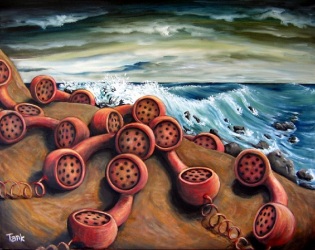 It’s a question we might ask our self on occasion. There’s a lot we should do but don’t. Why is that? Maybe it’s because we’re human and being human isn’t easy. We know where we’re headed. As Sigmund Freud said, “Everyone owes nature a death.”
It’s a question we might ask our self on occasion. There’s a lot we should do but don’t. Why is that? Maybe it’s because we’re human and being human isn’t easy. We know where we’re headed. As Sigmund Freud said, “Everyone owes nature a death.”
Death is a gloomy consequence of life. We know we’re finite, but knowing doesn’t stop us from longing for something infinite.
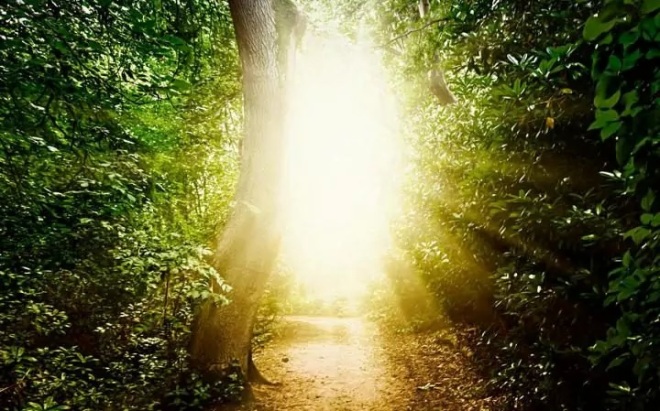
That’s where religion comes in. We’re told death is the end but even some scientists have doubts. A University of Southampton study, for example, found that, “40 per cent of people who survived described some kind of ‘awareness’ during the time when they were clinically dead before their hearts were restarted” (source).
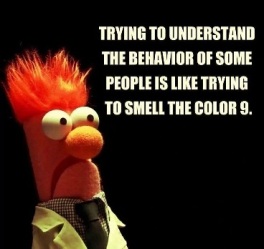 Stuck between finite awareness and infinite imagining and longing, everyone wants to enjoy themselves, but feeling ethically responsible in our ever expanding human ant hill can get in the way of enjoying.
Stuck between finite awareness and infinite imagining and longing, everyone wants to enjoy themselves, but feeling ethically responsible in our ever expanding human ant hill can get in the way of enjoying.
There’s a battle going on.
The battle is between those who live for pleasure and those who demand an ethical existence.
Are you secretly singing, “How does it to feel, to be on your own, with no direction home, like a complete unknown?” (Dylan, 1965) or is your song “All Together Now“?
If you do not pursue pleasure as an Individual living a life that is beautiful (aesthetically speaking) and dedicate yourself to helping the greatest number enjoy maximum pleasure (ethically speaking), what then? How does it feel? In the end with your last breath on the last day, life will still hit you in the eye “like a big pizza pie.”
And then you die.
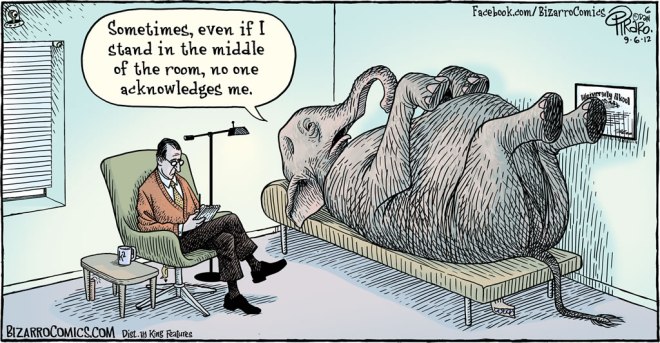
Whether we like it or not (or admit it or not), how death is regarded (or disregarded) is intimately bound up with our view of life.
Is this a “me” life or a “we” life? What’s the line of separation? Your body? Your mind? What’s the deal? Is life summed up nicely in that Trooper song from ’77, “Here for a good time (not a long time)”?
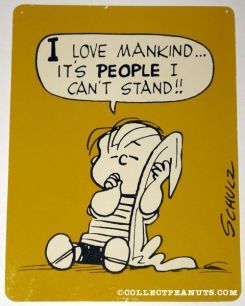 The human race as a whole has replaced the role of God and fate. This has encouraged a standard of morality that doesn’t rise higher than the goal of the greatest happiness for the greatest number.
The human race as a whole has replaced the role of God and fate. This has encouraged a standard of morality that doesn’t rise higher than the goal of the greatest happiness for the greatest number.
Individuals are encouraged to work for the welfare of the group and future generations so we can survive to survive.
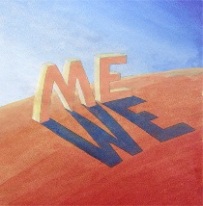 We’re encouraged to go from a selfishly materialistic “me generation” into a “we generation” where we celebrate differences at the same time we level everyone in the mania of a carefully orchestrated “We Day” pep rally for social change (see: We Day).
We’re encouraged to go from a selfishly materialistic “me generation” into a “we generation” where we celebrate differences at the same time we level everyone in the mania of a carefully orchestrated “We Day” pep rally for social change (see: We Day).
The Individual “me” is the smallest natural unit of humanity. An Individual has existed from the very beginning of humankind. Over time, Individuals chose to associate within societal structures for the benefits of those associations. If there are no benefits, the Individual may choose not to participate or to escape physically or mentally in an alternate reality.

It is short-sighted “reasoning” to advocate the needs of society at the expense of the Individual. Society only exists through the consensual efforts of the Individual due to benefits that cooperation yields.
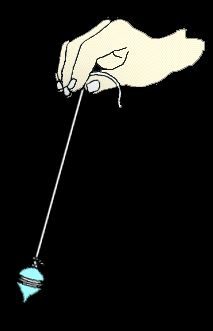 Both “me” and “we” perspectives seem oblivious of transcending their pronoun. Do you put yourself first or the group? Some might say, “That depends.” Sigmund Freud (1856-1939) observed, “In the depths of my heart I can’t help being convinced that my dear fellow-men, with a few exceptions, are worthless.”
Both “me” and “we” perspectives seem oblivious of transcending their pronoun. Do you put yourself first or the group? Some might say, “That depends.” Sigmund Freud (1856-1939) observed, “In the depths of my heart I can’t help being convinced that my dear fellow-men, with a few exceptions, are worthless.”
Humans historically believed in the fantastical, but the pendulum has swung from belief to reason.
Some people think it’s a virtue to believe in something without evidence while others think that’s foolish. This leaves two types of people: 1) those who look for logical explanations and 2) those who look for magic. But all people – whether believers or not – seek a deeper meaning, purpose, and significance in the things that happen to them.
What if the answer to our transcendental longing is in our words? Look at the word “universe” which is, “the totality of existing things.” “Universe” literally means “turned into one.” It comes from unus meaning “one” as in “alone, one unique” plus versus, past participle of vertere meaning, “to turn, turn back, be turned; convert, transform, translate; be changed” (source).
It’s like the song “Turn, Turn, Turn” from ’65! The universe is one alone transformed. That’s you! “One Alone Transformed!”
 People know you by what you do but how do you identify yourself? Your self is your will and your lack of will. Your will pulls you together into a coherent whole complete with muscular tension.
People know you by what you do but how do you identify yourself? Your self is your will and your lack of will. Your will pulls you together into a coherent whole complete with muscular tension.
Life – the world, the universe, nature, God, call it what you will – is not just a word: It’s a peaceful “Feelin’ Groovy” loosey-goosey loving feeling.
The trick is to drop egotistical opinions and concerns and let your awareness watch awareness without thinking in words.
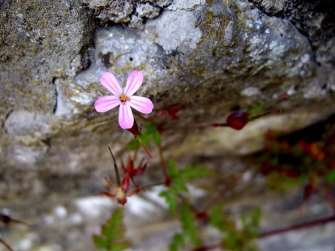
When you decide that “this is true” and “this is not,” you identify “beliefs” that you have based on experiences you’ve had while trying to satisfy a longing for meaning, purpose, and significance.
Transcendent enjoyment involves you as a self and everything else merging into an effervescent feeling beyond reasoning.
If Aristotle with wine on breath asked you point blank, BAM: “How should we live?”
Dear reader: What’s your answer?